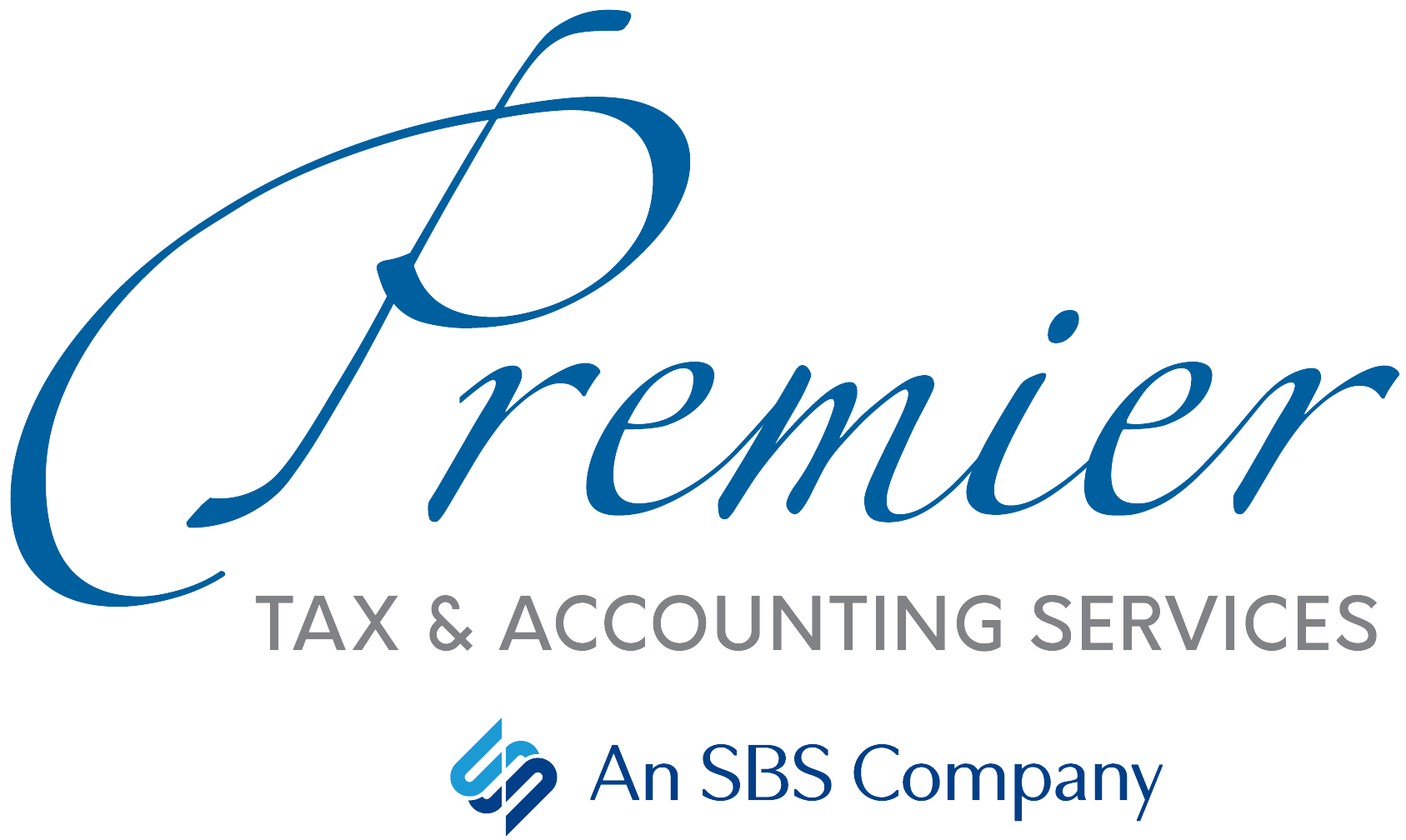Our tax system is a “pay-as-you-go” process, which is all pretty straightforward when you receive a regular paycheck, and money is withheld on your behalf. But when you are self-employed — or earn certain other types of income — making estimated tax payments is your responsibility. If you don’t pay in enough during the year to cover your taxes, you could be faced with an underpayment penalty.
In addition to self-employment income, quarterly estimated tax payments are used to pay tax on other types of income that aren’t typically subject to withholding, including earnings from:
- Interest
- Dividends
- Rents
- Alimony
Likewise, if you don’t elect voluntary withholding, you should make estimated tax payments on other taxable income, such as unemployment compensation and the taxable part of your social security benefits. Here’s how:
Do the math. In most cases, you’ll need to pay estimated tax for 2019 if both of the following apply.
- You expect to owe at least $1,000 in tax for 2019, after subtracting your withholding and refundable credits.
- You expect your withholding and refundable credits to be less than the smaller of:
a) 90% of the tax to be shown on your 2019 tax return,
b) 100% of the tax shown on your 2018 tax return. Your 2018 tax return must cover all 12 months.
Note that these percentages may be different if you are a farmer, fisherman, or higher income taxpayer.
Look at last year’s return. If you don’t anticipate any significant changes this year, you can aim to pay 100% of last year’s tax as a safe-harbor estimate (110% if your adjusted gross income for the prior year was more than $150,000).
Use the right form. IRS Form 1040-ES is used to figure and pay estimated tax — typically in four quarterly payments (due on the 15th day of April, June, September and the following January).
Get some help. Calculating estimated payments is complex. It depends on your tax bracket, deductions and credits, and needs to reflect any changes in the tax law. Just schedule an appointment and I’ll be happy to go over it with you. Like I always say, tax planning isn’t a year-end event — it should be an ongoing process throughout the year.
Small Business Smarts
When you set up a business checking account, it’s also a good idea to set up a separate savings account to help you organize funds and set aside money for taxes and other incidentals.
Let Us Help!
Are you feeling a little overwhelmed trying to keep up with your estimated tax payments and due dates? Let us help relieve some stress. We can manage your payroll filing, sales tax deposits and other tedious tasks for you. Contact us today to find out more.
Call 706-632-7850 oremail Jackie today.



